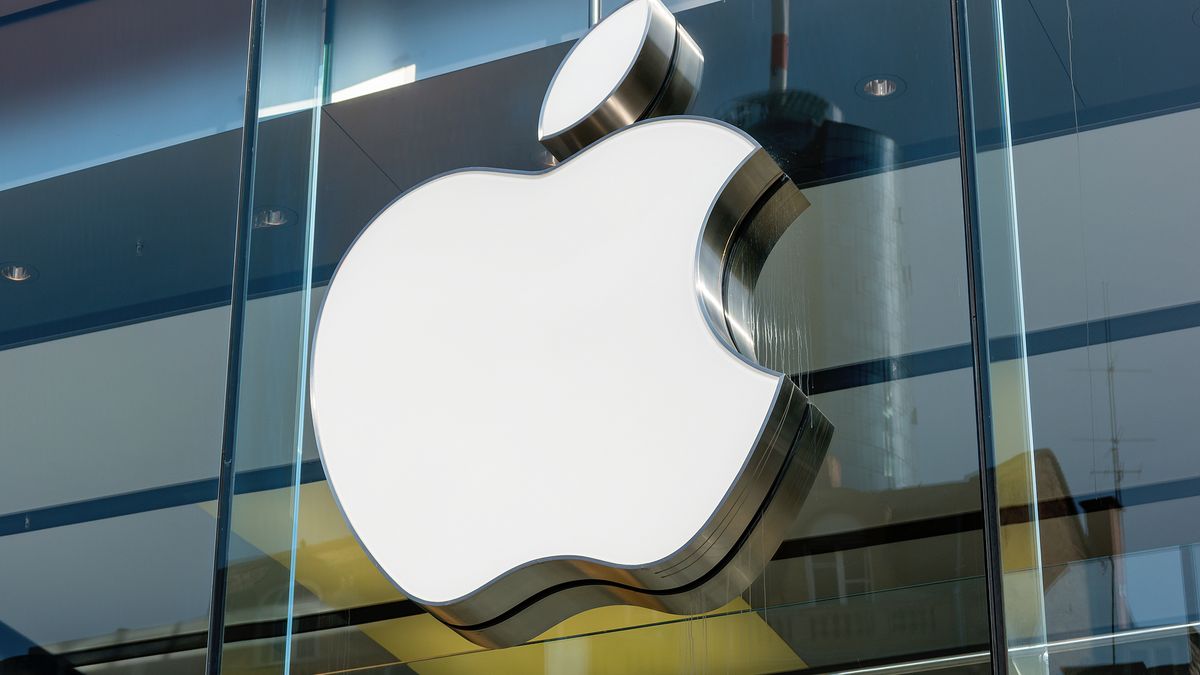Apple is in another antitrust allegation debacle
The most recent developments come a month after Kaspersky and Spotify accused Apple of stifling competition on its App Store

Apple has restricted core features and in some cases banned 11 of the 17 most popular rival parental control and screen monitoring apps on its App Store, rekindling the wave of antitrust allegations brought against it in March.
The 17 apps in question were those that most closely resembled Apple's own phone-usage monitor Screen Time which was introduced in iOS 12, according to a report in the New York Times with help from Sensor Tower, an app-data firm.
In some cases, Apple forced the app's developers to remove core features of the app such as the ability for parents to monitor phone use and block explicit content for younger users. In others, the app was simply pulled off the App Store.
Developers of the affected apps claim that Apple gave them little-to-no warning regarding the plans to neuter the apps. Many apps have shut down as a result of Apple's action and those that are alive fear for the survival of their products.
One example is OurPact, at the time it was the App Store's most popular parental control app with more than three million downloads but in February it was taken down. The app relied on the App Store a sit comprised 80% of the app's entire revenue.
"They yanked us out of the blue with no warning," said Amir Moussavian, chief executive of OurPact, speaking to the NYT. "They are systematically killing the industry".
Moussavian's words seem to directly contradict the official statement released by Apple yesterday which said that it gave developers "30 days to submit an updated app to avoid availability interruption in the App Store. Several developers released updates to bring their apps in line with these policies. Those that didn't were removed from the App Store".
Get the ITPro. daily newsletter
Sign up today and you will receive a free copy of our Focus Report 2025 - the leading guidance on AI, cybersecurity and other IT challenges as per 700+ senior executives
Continuing with OurPact as an example, a cursory search of the app reveals it's owned by Eturi Corporation which, according to its website, is a company which "develops practical mobile device management (MDM) solutions".
In order to set parental controls, such as limiting time children can spend playing games per day, MDM features must be enabled so the app can take control of the device and how it's used.
But Apple says these features are "highly invasive" and give app makers access to sensitive information such as user location, camera permissions and browser history.
It says MDM does have legitimate uses, such as businesses installing MDM on enterprise devices to keep control of its proprietary hardware and data but it's apparently very risky to have it enabled on a consumer device.
"MDM is a technology that gives one party access to and control over many devices, it was meant to be used by a company on its own mobile devices as a management tool, where that company has a right to all of the data and use of the devices," said Phil Schiller, Apple's SVP worldwide marketing in an email to a customer. "The MDM technology is not intended to enable a developer to have access to and control over consumers' data and devices, but the apps we removed from the store did just that."
The latest revelations in the string of antitrust claims brought against the iPhone manufacturer from companies such as Spotify come just over a month after Kaspersky slammed Apple for the same thing after its parental control app was taken offline.
The company best known for its antivirus software had its app removed from the App Store because if its app control features and built-in, child-friendly browser.
In response, Kaspersky said it had repeatedly contacted Apple to resolve the issue but the approaches led to no meaningful discussions so Kaspersky filed for formal arbitration.
It's unclear whether Kasperksy's app was banned for the same MDM-related reason as cited in its latest wave of bans and when we approached Apple on the matter, it refused to comment further on from yesterday's official statement.
The repeated behaviour opens the doors to speculation as to whether Apple is just using the angelic guise of security retention to mask the systematic banning of rival apps which could lead to a serious antitrust lawsuit.
If true, then Apple's steps towards protecting the privacy and security of their younger users are admirable. But considering that some of these popular apps market themselves on having cross-compatibility with Android devices too, it's not difficult to speculate the nefarious possibilities.

Connor Jones has been at the forefront of global cyber security news coverage for the past few years, breaking developments on major stories such as LockBit’s ransomware attack on Royal Mail International, and many others. He has also made sporadic appearances on the ITPro Podcast discussing topics from home desk setups all the way to hacking systems using prosthetic limbs. He has a master’s degree in Magazine Journalism from the University of Sheffield, and has previously written for the likes of Red Bull Esports and UNILAD tech during his career that started in 2015.














